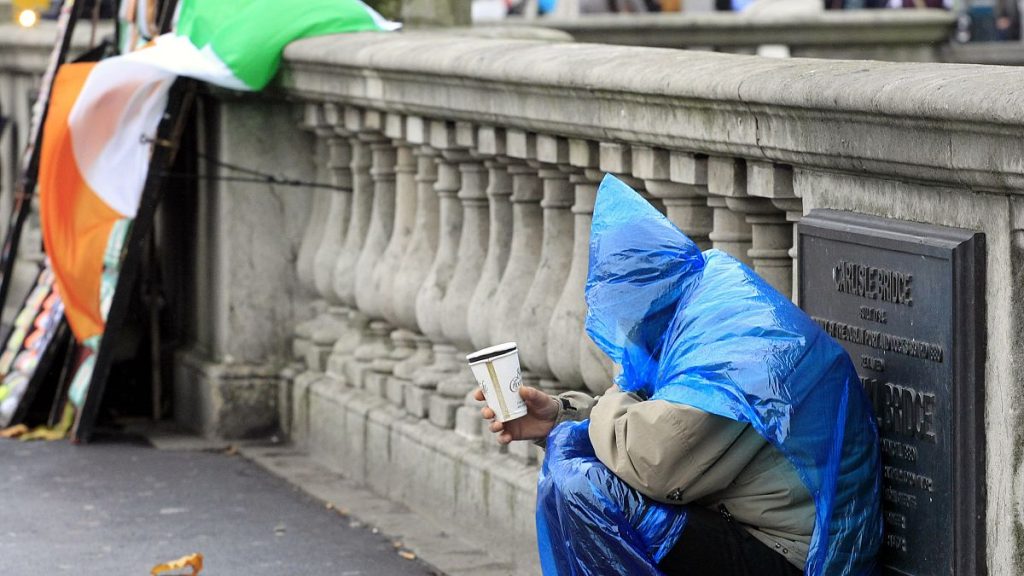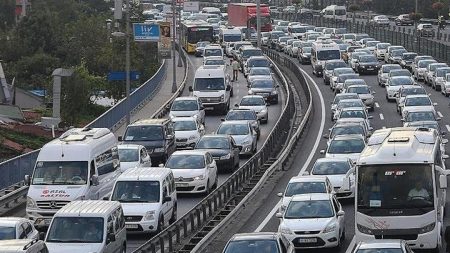In the lead-up to the Irish general election, a manipulated video has been widely shared on X, showcasing what appears to be a Black woman, portrayed as an African migrant, mocking a white woman over the woman’s acquisition of social housing. The edited video attempts to stir up anti-minority sentiments by reversing the women’s testimonies to make it seem like the woman who received housing is gloating over the other woman’s homelessness. This misleading clip has garnered reactions from individuals who are upset by the apparent callousness of the woman who received social housing. The Irish Freedom Party, a far-right political group, has also endorsed this misleading video, claiming that Irish individuals are being discriminated against in their own country. However, the reality is far removed from the false narrative presented in the video, which was actually taken from a housing debate on RTE’s Upfront With Katie Hannon, featuring single mothers who are homeless or have experienced homelessness.
The video features two women, Shauna and Chloe, discussing their housing situations. Shauna was fortunate enough to be awarded co-operative housing that was suitable for herself and her children, providing them with much-needed stability and security. On the other hand, Chloe was still waiting for suitable accommodation due to her young son’s long-term illness, which necessitated a specific type of housing. Co-operative housing, which offers affordable rent starting at €30 according to Co-operative Housing Ireland, is a potential solution to Ireland’s housing crisis. With over 10,000 adults and 4,000 children currently residing in emergency homeless accommodation, the country faces a severe shortage of social and affordable homes, particularly in Dublin where housing costs are high. While Housing Minister Darragh O’Brien has claimed that social housing in Ireland is at its highest level in 50 years, official figures show that the government fell short of its housing policy target by nearly 1,000 units in 2023.
The housing crisis in Ireland has reached a critical point, with the Irish Central Bank stating that the country needs to build around 20,000 additional properties per year to address the national housing shortage. High rents are a significant factor driving many individuals and families into homelessness, and the government’s failure to meet its housing policy targets has exacerbated the situation. Co-operative housing offers an alternative to traditional renting that can provide residents with stability and security, helping to alleviate the strain on social housing resources. In Shauna’s case, co-operative housing has been life-changing, offering her and her children a safe and permanent home where they are not at the mercy of landlords. As the Irish general election approaches, it is crucial for voters to understand the complexities of the housing crisis and support policies that will effectively address the root causes of homelessness and housing insecurity in the country.















